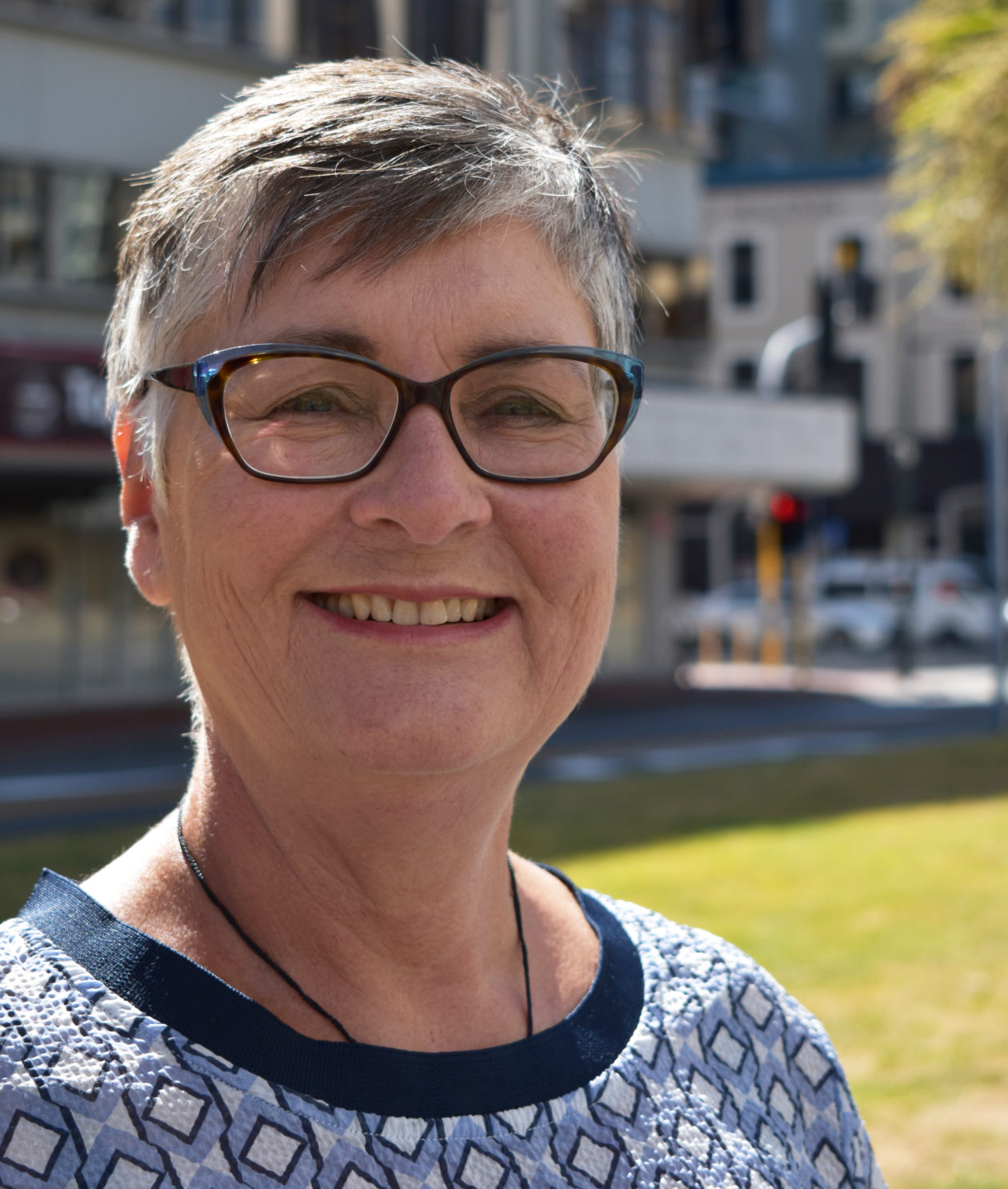The untold story of our current health crisis
Alzheimers NZ Chief Executive Catherine Hall laments the next healthcare crisis as it will disproportionately affect people living dementia and New Zealand’s community dementia support services, which already find themselves on the brink of financial collapse.

Every time I read, listen to or watch the news I am confronted by stories about the extremely dire state of our healthcare services.
Hospitals inundated and earthquake prone, a workforce decimated, GPs overloaded and aged care facilities withdrawing beds.
Usually – almost always – when the health system comes under pressure, it’s our older and more vulnerable communities, like those living with dementia, who are hardest hit.
And that’s certainly the case now, and it’s because older people mostly live at home, often on their own and they are increasingly struggling to live well.
In many cases, their home help has been withdrawn. That may seem a minor issue in the scheme of things, but it makes a big difference to an older person living alone with limited mobility.
Help with personal care like showering and dressing has been reduced or withdrawn, and where it still exists the carers may or may not turn up.
These days it’s increasingly difficult to get a GP’s appointment, or to be seen by a specialist, and that can be extremely problematic for an older person.
If an older person needs residential care there’s probably no bed for them. And when their care partners need help to have a rest, which they invariably do, there’s nothing available to help.
So, they struggle on alone, under pressure, and without the help they, like the rest of us, have a right to.
For people living with dementia this is a big problem because dementia is progressive so they need more help over time, yet the crisis in the health system has left them ignored, forgotten and needing to fend for themselves.
This is what makes the community-based services such as those provided by Alzheimers and Dementia organisations so important; they are often the only help anyone can get at the moment.
But those organisations are chronically underfunded and struggling and the ‘system’ that is New Zealand’s community dementia support services is very much on the brink of financial collapse. The stark reality is that without an urgent but small injection of funds (we need just $9 million pa), many of the remaining community dementia support services will have to reduce services or close.
The next healthcare crisis is already brewing.
But if you think things are bad now (and they are), spare a thought for our next healthcare crisis. It’s coming as surely as Christmas, death and taxes.
It’s a crisis that could possibly be avoided if our politicians and policymakers could find a way of balancing the immediate and the urgent with the need to think about the longer-term important issues that are already starting to make their presence felt.
Because that next healthcare crisis is already brewing, the impacts are even now starting to be felt, and I’m not sure we, as a country, have time now to avoid its full effects.
This next healthcare crisis is coming in the shape of our rapidly aging population.
New Zealanders are aging at an unprecedented rate and will need more help from our healthcare system as they do.
In just six years’ time New Zealand will have a population that includes 1 million people aged over 65 and not long after that 25 per cent of the population will be over 65.
And I am deeply concerned that we are not shaping and resourcing our existing healthcare system, which can hardly cater for existing demands, to meet the significantly greater demands that are coming down the track as the growing numbers of older people require a much greater share of the healthcare pie.
If we think our health services are under strain now, give it another 15-20 years and see what happens when approximately one in four New Zealanders is aged over 65 years.
An unfortunate, but largely ignored, side-effect of an aging population, especially one that’s aging as rapidly as ours, is the growing numbers of people with dementia.
And New Zealanders living with dementia, and their care partners and families, have to rely heavily on a healthcare system that’s simply not geared up to support them.
The system can’t cope now with the 70,000 New Zealanders estimated to have dementia. How, then, is it ever going to cope when dementia numbers in New Zealand nearly triple in coming years as they are projected to.
Implementing the Dementia Mate Wareware Action Plan that has been developed by and for the dementia community and endorsed by Cabinet is an important first step. Because without it, what is already a dementia challenge facing our struggling healthcare system will quickly become a dementia crisis that will threaten to overwhelm that system.
We all know that it’s hard to get staff now, and aged care has a particular problem – what about when the working age population shrinks – who will be caring for our parents then and how will aged care services compete with all the other sectors who also need staff?
What about the impact of things like increasing poverty, homelessness and the digital divide for older people?
And, these changes will hit Māori, Pasifika, and Asian communities particularly hard because those populations are ageing at a faster rate than the general population – we need to be ready.
Are we? And are we preparing in a way that will be fair to everyone and create equitable outcomes for both older people and younger people?

